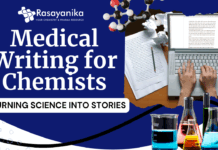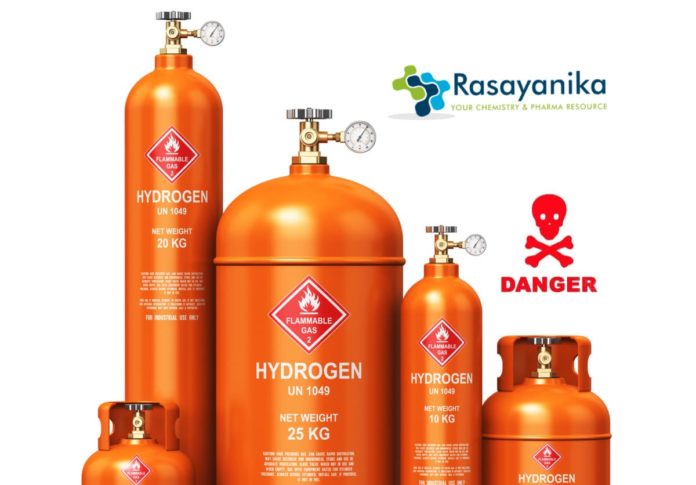The development of a new “hydrogenation” process at the City College of New York has put environmentally-friendly and safe hydrogen gas on demand.
The research led by Mahesh K. Lakshman, a former vice-chair of the Department of Chemistry and Biochemistry and a Fellow of Britain’s Royal Society of Chemistry developed a unique method to accomplish a wide range of hydrogenations without the need of external hydrogen source. The research was published in the journal of “Advanced Synthesis and Catalysis.”
The process of the addition of hydrogen atoms is called hydrogenation. It is widely used in various applications like in the production of fats from vegetable oils or production of paraffin in the industries.
Finely divided metal such as palladium with charcoal supports the old and well-established process of Hydrogenation. The process also requires hydrogen gas which is currently available in the form of compressed hydrogen gas cylinders. These expensive hydrogen gas cylinders pose fire hazards and an extreme fire explosion like the one that happened in Zeppelin Hindenburg’s airship in New Jersey in 1937.
CCNY scientists eliminate the need for these compressed hydrogen gas cylinders through their research which results in a safer hydrogenation process.
A mixture capable of hydrogenation
was generated when two stable materials were mixed in the presence of palladium on the charcoal. An external source of hydrogen gas is not required in this process.Research work by the Benjamin Stokes labs at the University of California inspired this new discovery. Water was the source of hydrogen in Stokes’s research. But the technique had many limitations. But Lakshman’s new discovery enables a broader range of hydrogenations.
Lakshman’s new safer process of hydrogenation can be used in undergraduate teaching modules as it dispenses hydrogen gas cylinders.
The researchers have also developed conditions to introduce the heavier isotope, deuterium. This has beneficial medical applications as heavy drugs use deuterium instead of hydrogen to slow down metabolism. Barbara Zajc who is also a professor of chemistry at CCNY took part in the research.

















































